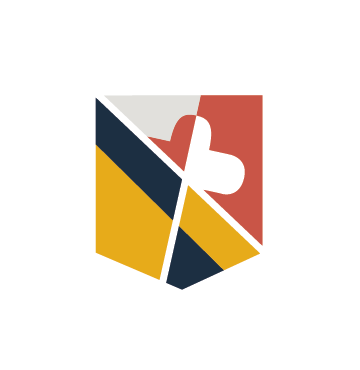Generative AI Initiatives
Generative AI Pedagogy Fellows Program
The Generative AI Pedagogy Fellows Program is a comprehensive year-long initiative launched by the Kirwan Center and funded by the Maryland Center for Computing Education (MCCE) for the 2025-2026 academic year. This program selected 1-2 faculty members from each of our 12 USM campuses to become champions for integrating Generative AI into teaching and learning practices. Fellows participate in a structured curriculum during September and October, 2025, followed by an in-person session in November to finalize and present workshop plans. In the spring semester, fellows will offer workshops on their campuses in coordination with their Centers for Teaching and Learning. The program covers essential topics such as utilizing AI in course design, lesson planning, rubric development, student feedback and bot building for teaching and learning.
Our 2025-2026 fellows were nominated by their provosts and have tremendous experience using Generative AI in their own classrooms. We anticipate deep collaboration and new research projects stemming from this fellowship program, in addition to enhanced peer-to-peer workshops for faculy interested in Generative AI in their teaching practices at each of our campuses.
AI, Unscripted Podcast Limited Series
AI, Unscripted is a podcast limited series co-sponsored by the USM Kirwan Center for Academic Innovation, the USM Council of University System Faculty, and MarylandOnline, produced as part of the University of Maryland, Baltimore's Moving the Needle podcast. The series features converesations with innovative educators from diverse disciplines and insitutions across Maryland who share their journeys from being AI-curious to AI-confident. Each episode provides detailed explanations of classroom implementations, student feedback, and practical strategies that faculty cam implement immediately in their teaching.
Hosted by Mary Crowley-Farrell (UMGC), Michael Mills (Montgomery College), and Jennifer Potter (USM Kirwan Center), the podcast showcases faculty discussing practical applications of AI that deliver tangible improvements to teaching, including time-saving grading approaches, increased student engagement, personalized feedback, simplified creation of case studies, and enhanced critical thinking exercises. The first episode launches on August 25, with new episodes released bi-weekly through December 15 on Apple Podcasts and Spotify. The series aims to meet faculty where they are in their AI journey, whether just beginning to explore these tools or already building confidence in their application.
To learn more about this project, visit the AI, Unscripted Podcast Limited Series page.







